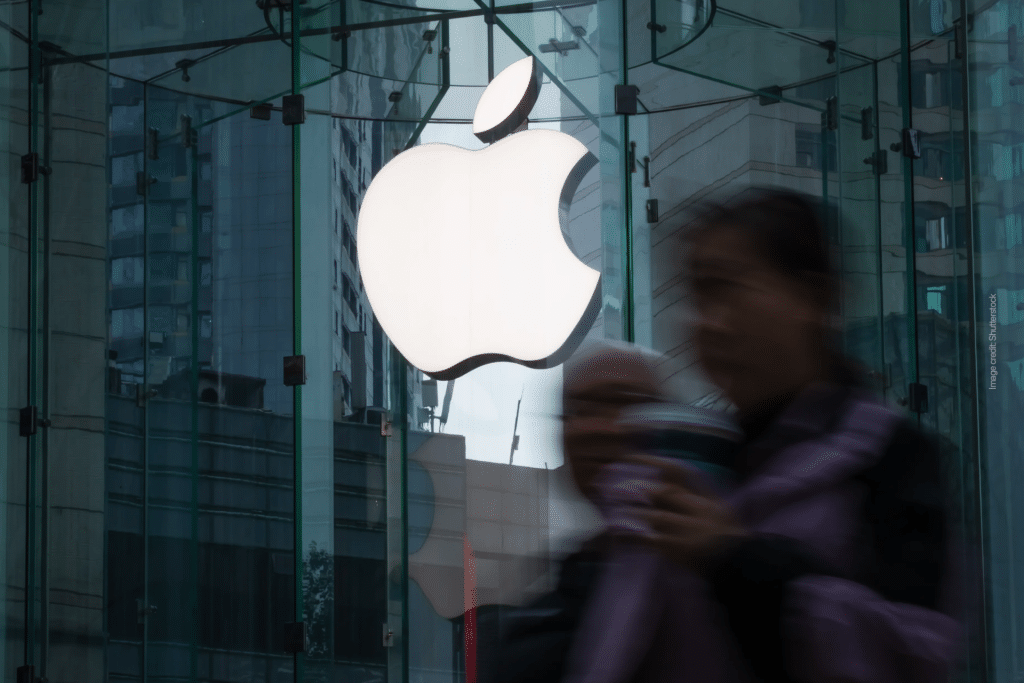Apple Siri features lawsuit coverage emerged this week after a group of plaintiffs filed a complaint arguing that promised Siri improvements were not delivered on time. The case highlights how Apple’s announcements about artificial intelligence and digital assistant features are being scrutinized, particularly as the company competes with rivals such as Google and Amazon in the AI space.
The lawsuit centers on claims that Apple misled users by advertising new Siri capabilities for iOS 18 and iOS 19 without delivering them in the promised timeframe. Apple’s response, filed in court this week, argues that rollout delays are consistent with the nature of software development, and that the company has not misrepresented its commitments.
The Basis of the Lawsuit
The plaintiffs argue that Apple’s marketing gave the impression that Siri improvements — including enhanced contextual understanding, faster on-device processing, and deeper app integration — would be widely available at launch. Instead, many of these features have been staggered or postponed, with some rolling out only in beta form.
Court filings suggest the plaintiffs believe Apple’s approach disadvantaged consumers who upgraded devices expecting immediate access to the improvements. The suit also raises questions about whether Apple’s promotional timelines meet consumer protection standards in the United States.
Apple’s Legal Response
Apple denies any wrongdoing, pointing out that it has consistently framed Siri updates as phased rollouts. The company emphasized that early previews of iOS features often include disclaimers noting that availability may vary by region, language, or timeframe.
In its filing, Apple described the lawsuit as “without merit” and reiterated that incremental delivery of Siri features is part of normal development cycles. Apple also highlighted that improvements are actively being deployed through iOS updates, with some arriving later in 2025 and beyond.
Is not the first time Apple has faced scrutiny over delayed feature rollouts. Past examples include SharePlay in iOS 15 and iCloud Shared Photo Library in iOS 16, both of which were announced during WWDC keynotes but shipped in later updates.
Broader Context Around Siri and AI
The lawsuit arrives during a period of intense focus on artificial intelligence. Apple has been positioning Siri as part of its broader AI ecosystem, with new tools powered by on-device machine learning and server-based models. However, competitors like Google Assistant and Amazon Alexa have often moved faster in deploying generative AI features.
Industry analysts told Reuters that Apple’s cautious approach may stem from its emphasis on user privacy and system security, which can slow down large-scale feature launches. Still, legal challenges over marketing timelines add pressure as Apple works to modernize Siri’s capabilities.
What’s Next
The case is in its early stages, and it remains to be seen whether courts will find Apple’s disclosures sufficient or whether the company will face damages. For Apple users, the practical impact may be minimal — features are continuing to roll out, though perhaps later than some expected.
For Apple, the lawsuit underscores the tension between marketing high-profile features at events like WWDC and the realities of development schedules. While staged rollouts are common in software, presenting them as near-term deliverables can invite legal challenges when deadlines slip.
